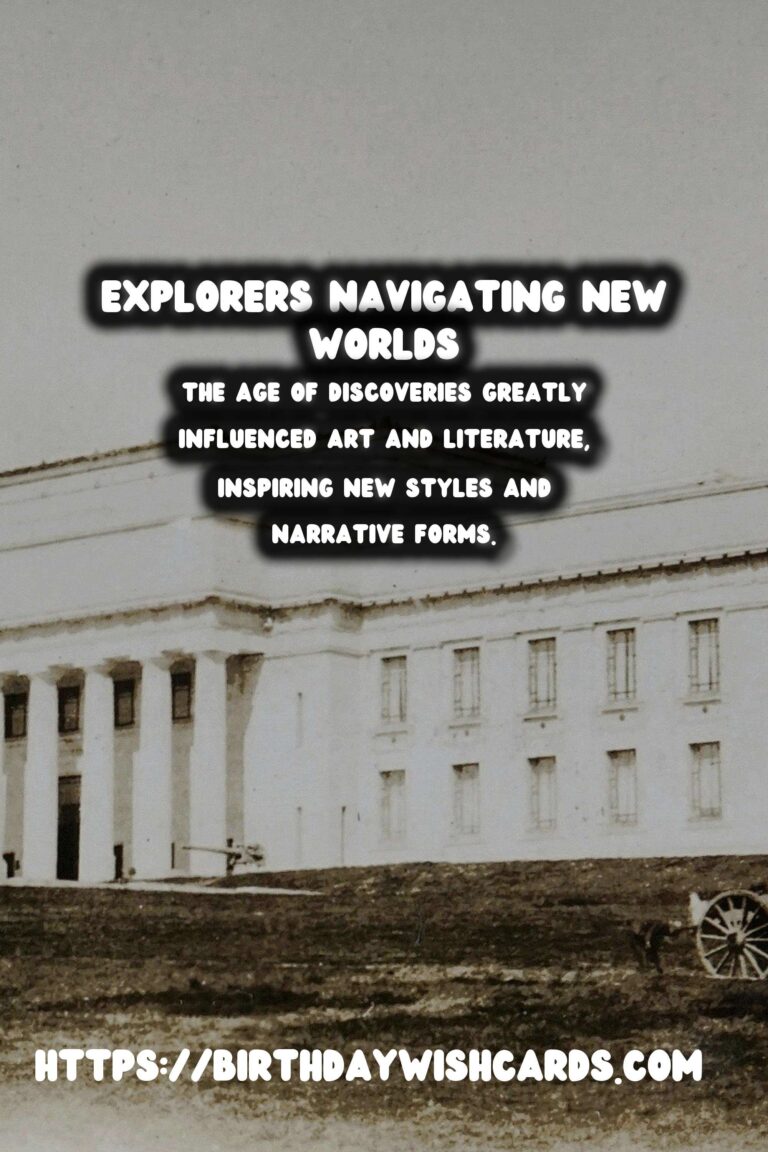
The Age of Discoveries, spanning from the 15th to the 17th century, was a remarkable period in history characterized by unprecedented exploration of unknown lands. It marked the beginning of globalization and had a profound cultural impact that reshaped societies across the globe.
Uncharted Territories and Global Exchange
During this era, European explorers, driven by a thirst for knowledge and wealth, charted unfamiliar seas in search of new lands. This led to the discovery of the Americas, passage to India, and encounters with exotic cultures and goods. These explorations not only expanded geographical knowledge but also facilitated cultural exchange on an unprecedented scale.
Transformative Effects on Art and Literature
The Age of Discoveries greatly influenced art and literature. Artists and writers, inspired by new worlds and ideas, began incorporating themes of exploration and exoticism into their works. This led to the emergence of styles such as primitivism and exoticism in art, while literature witnessed the birth of travelogues and narratives inspired by distant cultures.
Technological Advances and Maritime Achievements
The period saw significant technological advancements that made exploration possible. Innovations in navigation, shipbuilding, and cartography played crucial roles. The magnetic compass, astrolabe, and improved ships like caravels enabled longer voyages and more precise navigation, facilitating the exchange of technology and ideas.
Social and Economic Transformations
The discoveries resulted in profound social and economic changes. The sudden influx of wealth, new foods, and precious metals from the New World altered European economies and diets. This period also saw the rise of powerful trading empires, changing the dynamics of global trade and leading to the spread of ideas, religions, and cultures.
Impact on Indigenous Cultures
However, the cultural exchanges were not without consequences. The Age of Discoveries had severe negative impacts on indigenous populations, including the spread of diseases, colonization, and cultural displacement. The era’s darker facets remind us of the importance of understanding and respecting cultural differences.
Conclusion: A Lasting Legacy
The Age of Discoveries was a pivotal epoch that shaped the modern world. Its cultural impact remains evident today, influencing art, literature, technology, and global trade. By understanding this period, we gain insights into the interconnectedness of humanity and the continuous exchange of ideas across borders.
The Age of Discoveries, spanning from the 15th to the 17th century, was a remarkable period in history characterized by unprecedented exploration of unknown lands. The Age of Discoveries greatly influenced art and literature, inspiring new styles and narrative forms. 
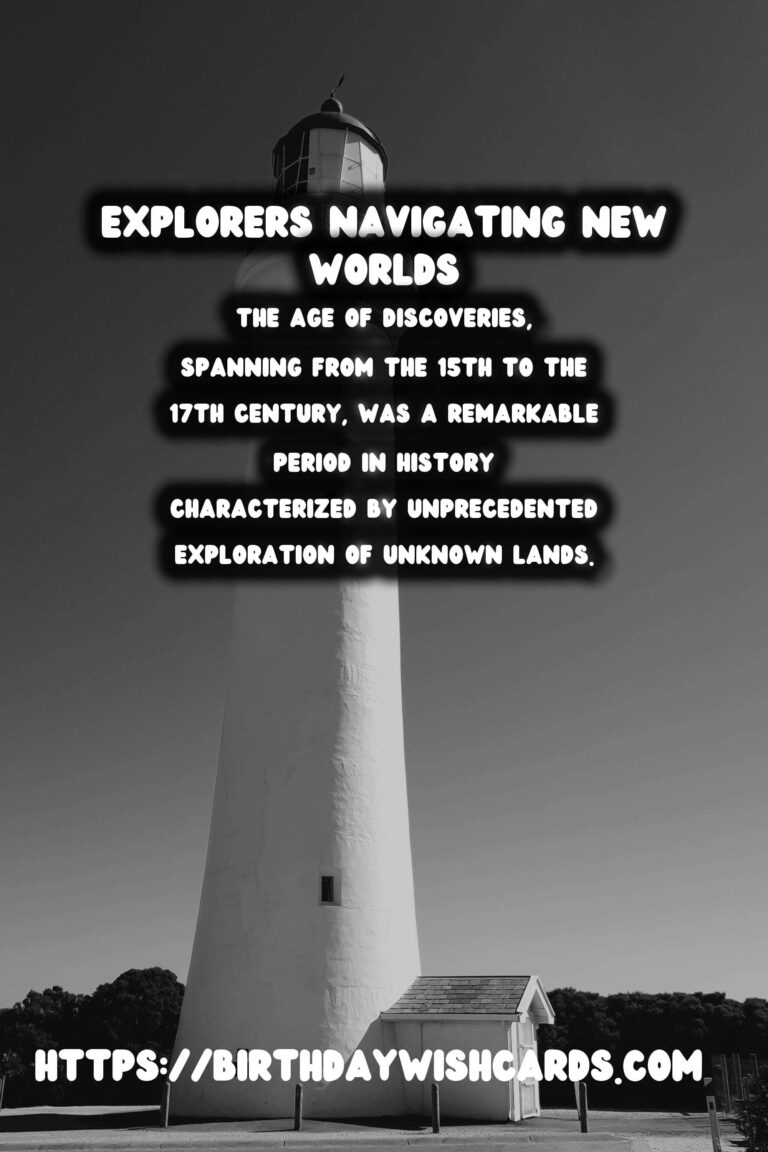
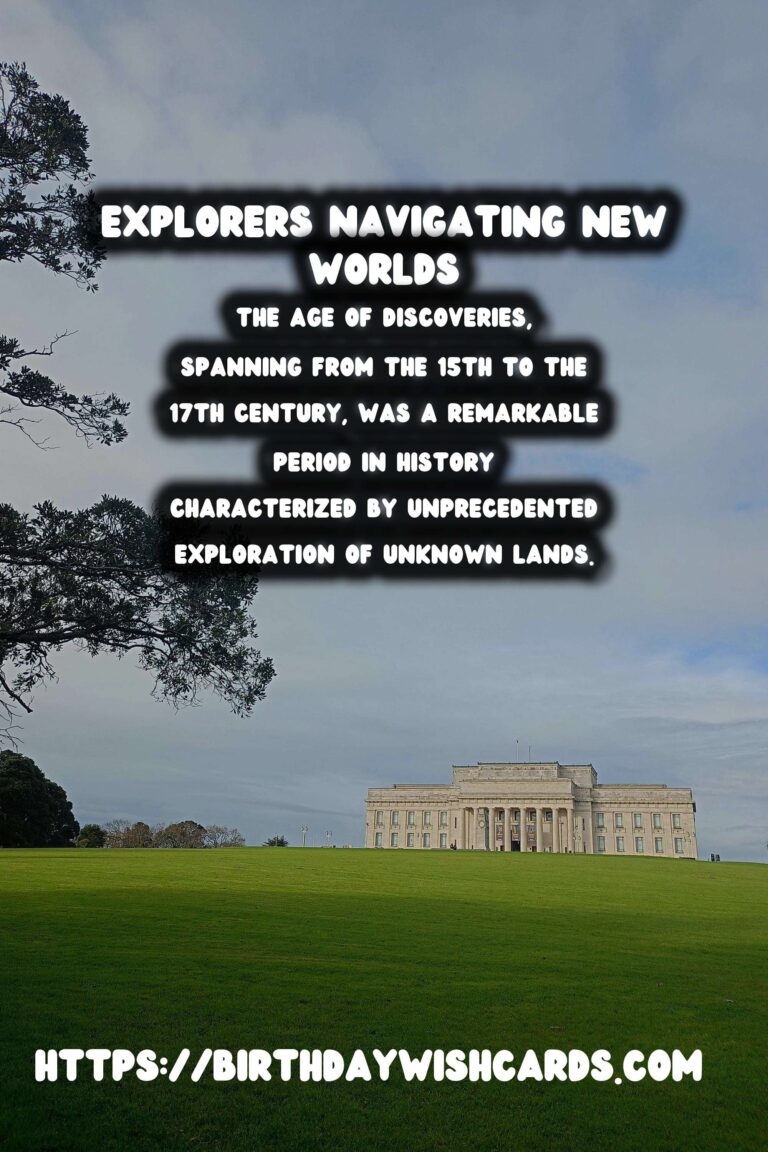
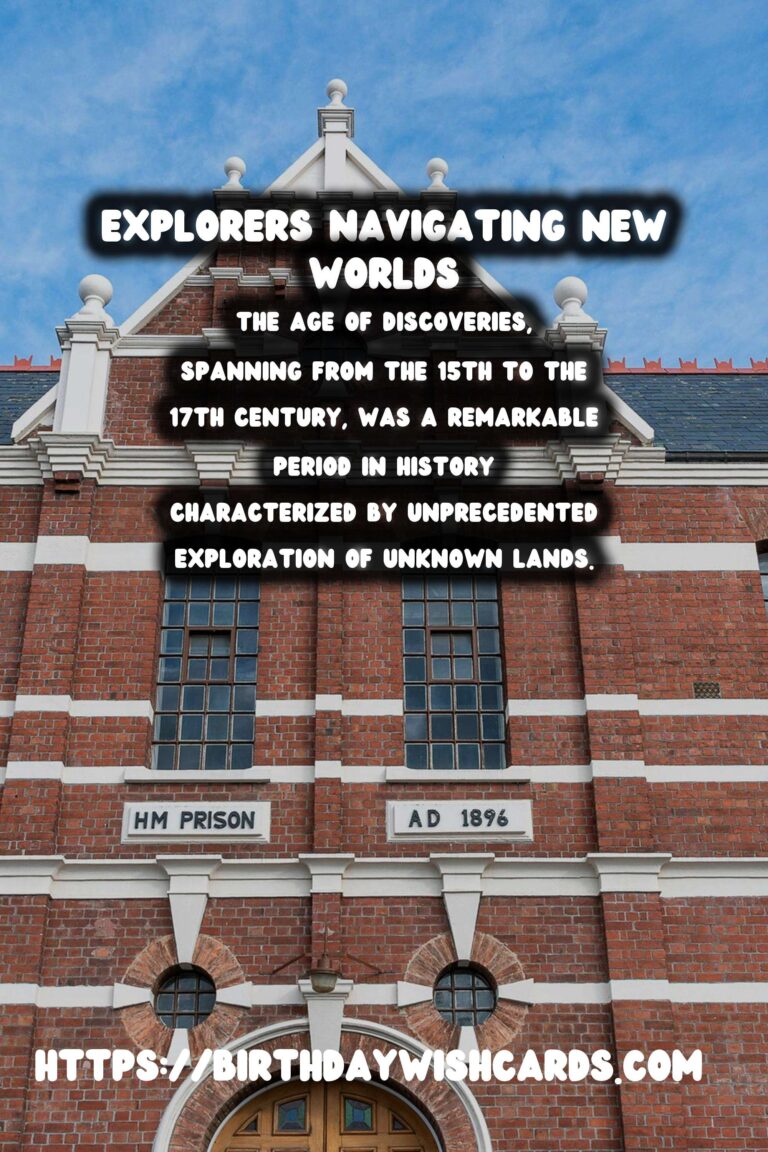
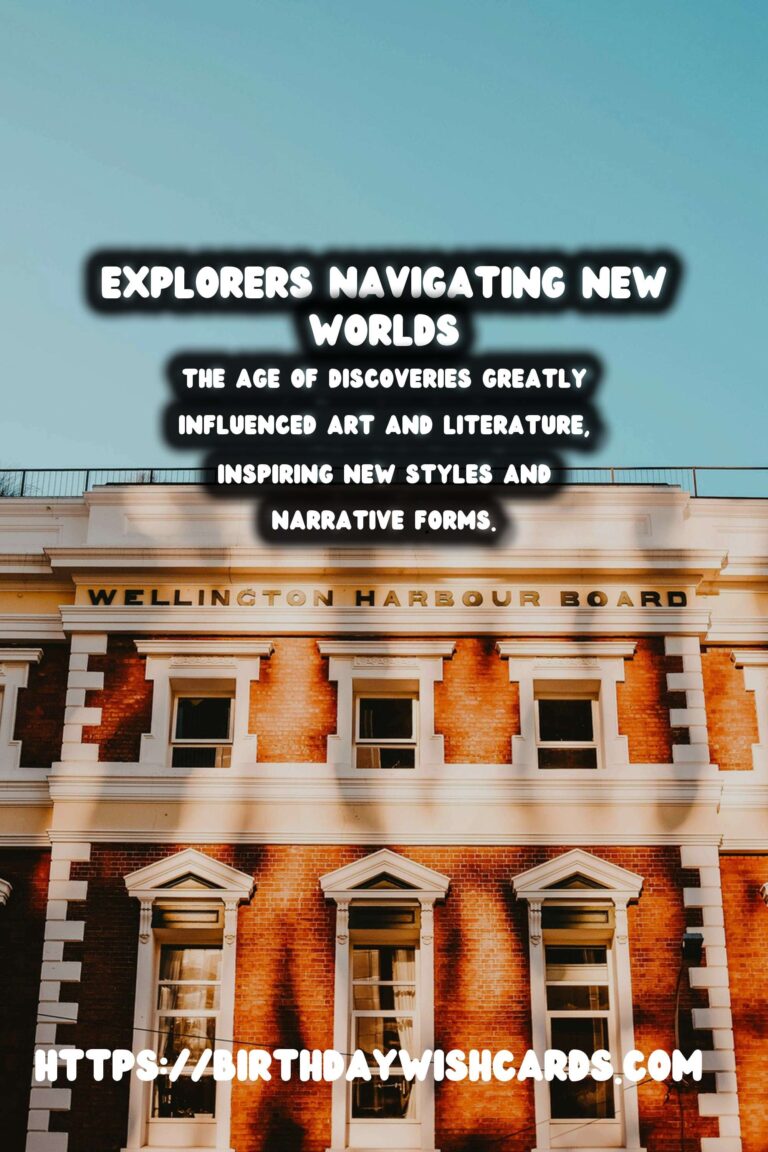
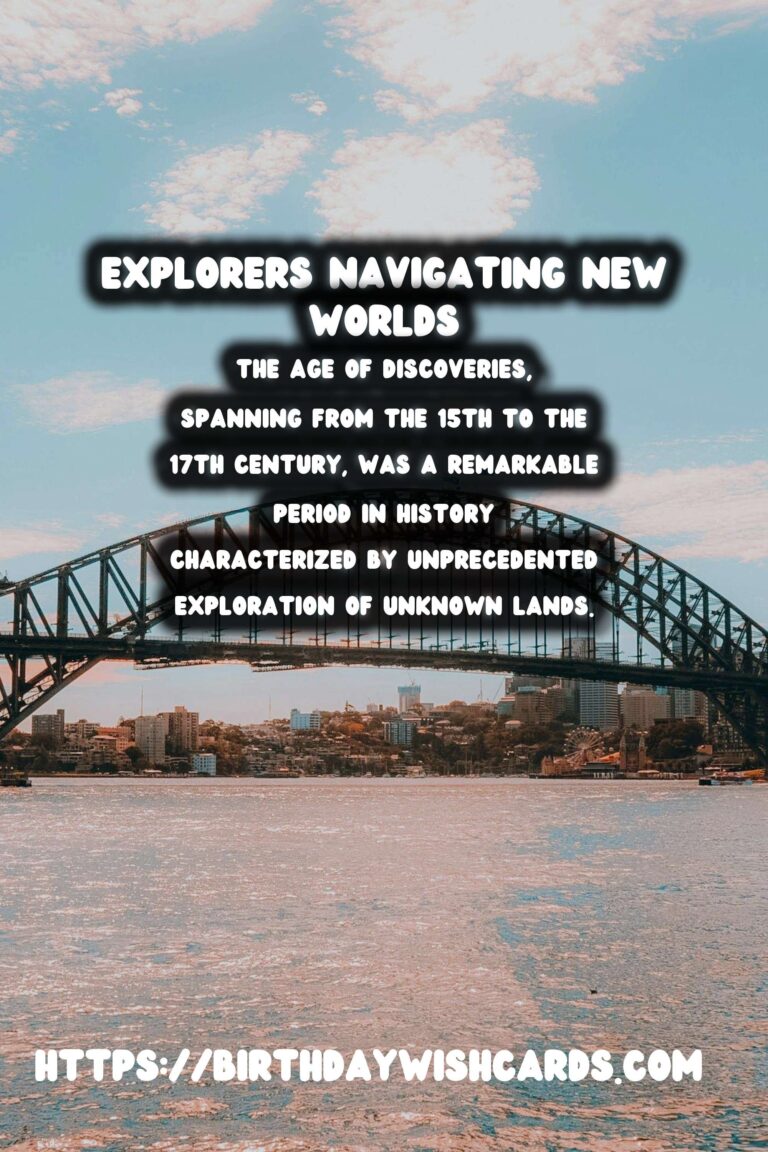
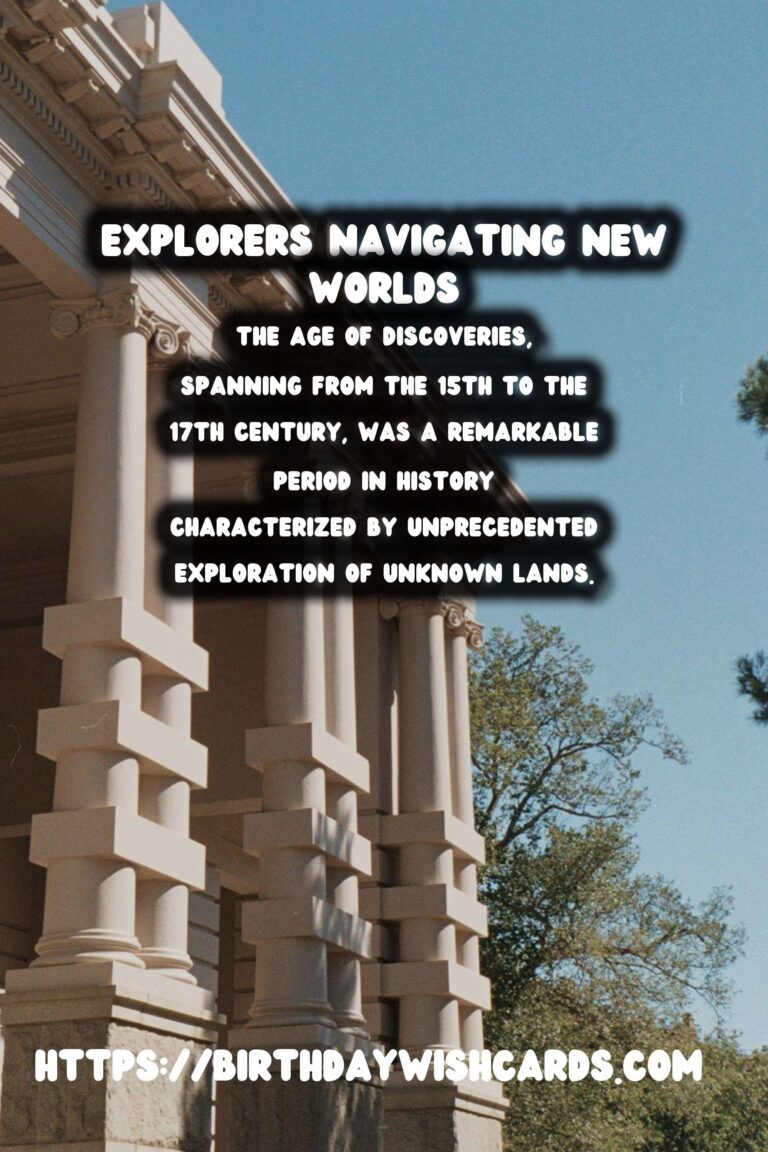
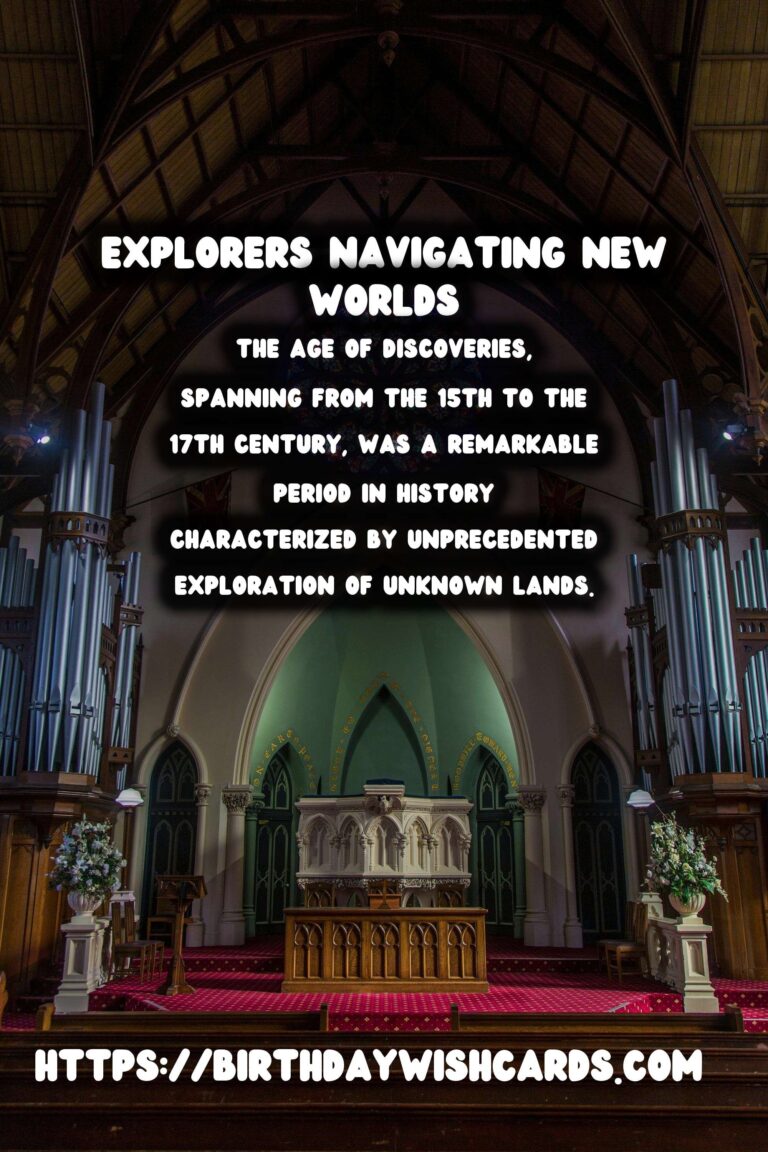
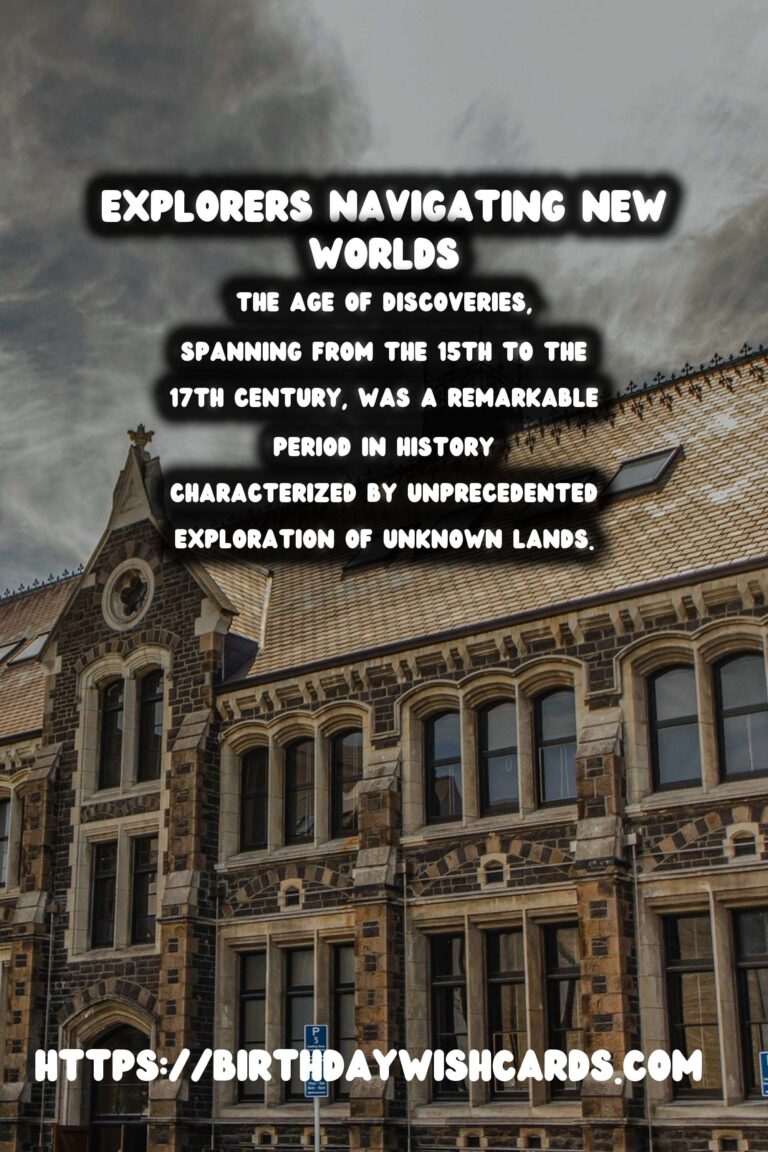

#AgeOfDiscoveries #CulturalImpact



